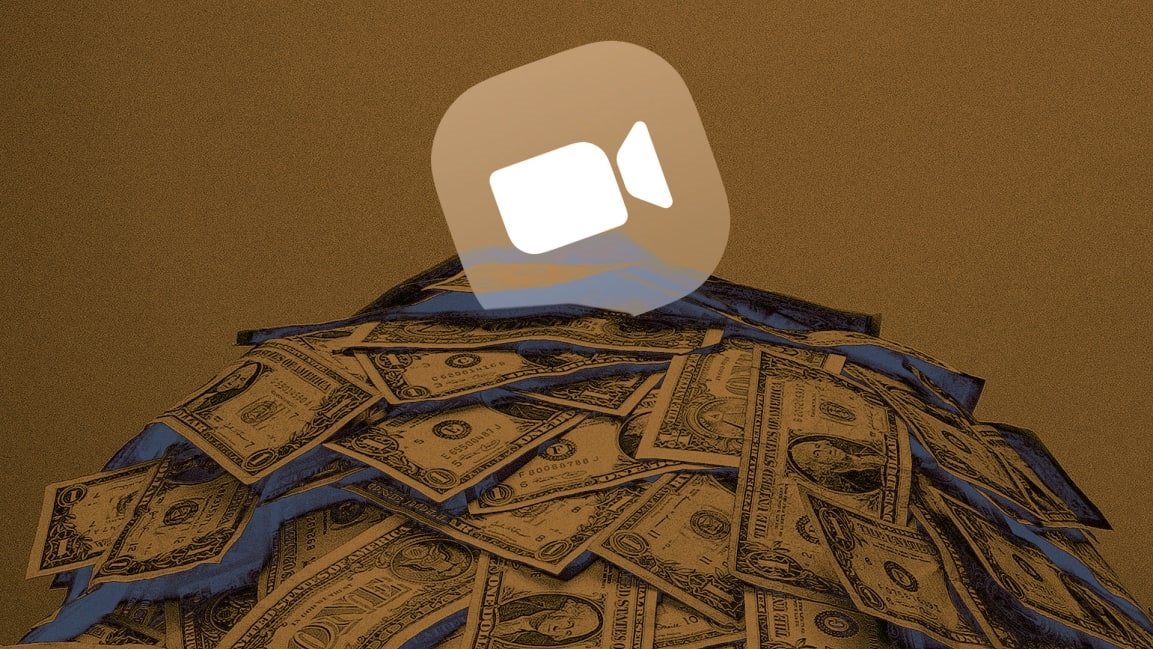Zoom might owe you money, but you have to hurry if you want to claim it
Ask around, and everyone has a “Zoom incident.” Sometimes, a cat filter won’t come off your face. Other times, a colleague masturbates on your work call.
For a lot of Americans, though, it involves “Zoombombing,” the phenomenon where uninvited internet trolls join your meeting and use the video-conferencing app’s screen-sharing feature to do something wildly offensive. Zoombombing stunts exploded in popularity at the start of quarantine. Surprising no one, the perpetrators were often high school and college students. Incidents frequently involved porn or hate speech, and the situation got serious enough that groups like the Anti-Defamation League created posts like “Steps to Take During a Zoombombing Incident.”
Zoom wasn’t responsible for those trolls, but it was responsible for keeping them off your Zoom calls. In 2020, several app users sued, arguing Zoom failed to protect their privacy. Their complaints got turned into a class-action that claimed Zoom was sharing personal data with third-party sites like Facebook, Google, and LinkedIn without permission, and not doing enough to protect users from these Zoombombings.
Zoom denied the allegations, but did quietly agree to settle the suit last August. The settlement required the company to set aside $85 million—and essentially anyone who used Zoom between the dates of March 30, 2016, and July 30, 2021, is entitled to money. The one trick is the deadline: It’s imminent. You have until Saturday, March 5, to file a claim.
The amount you’ll receive will vary according to which type of account you had during that period. If you were a paid subscriber, you can receive either 15% of the total you paid between those two dates, or $25—whichever is greater. If you weren’t a paid subscriber, you’re entitled to $15.
The settlement administrator has set up an online form that you can use to submit your claim. If you weren’t a registered user at the time, the site notes you’ll need to provide documentation that you were using Zoom — for example, a copy of a meeting invite showing the date and Meeting ID number.
The obvious fine print also applies: The cash payments could change if a ton of people submit claims (it’s a firm $85 million, minus legal fees, divided up however many times).
Zoom, again, didn’t admit to wrongdoing, but as part of the settlement, it also agreed to notify users when anyone starts using a third-party app during a meeting. It also promised to give privacy and data-handling training to employees.
The company isn’t entirely out of the woods yet, either: It’s still facing separate securities-fraud claims over this matter, specifically the accusation that Zoom falsely told users that video calls were being encrypted end-to-end, to prevent outsiders from eavesdropping. (A 2019 prospectus signed by CEO Eric Yuan boasted of Zoom’s “robust security capabilities, including end-to-end encryption.”) Last week, a federal judge in California rejected Zoom’s request to dismiss the claims.
(37)



